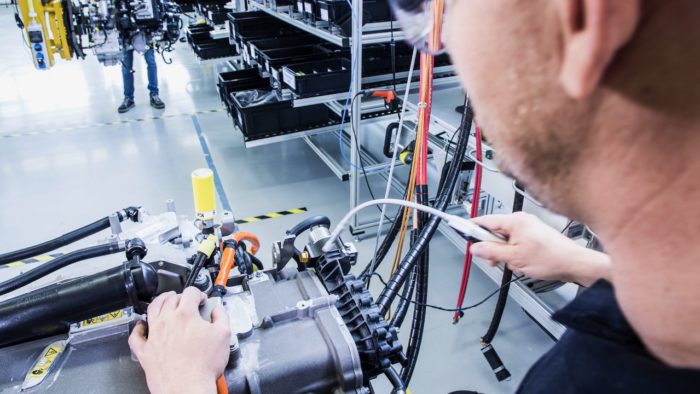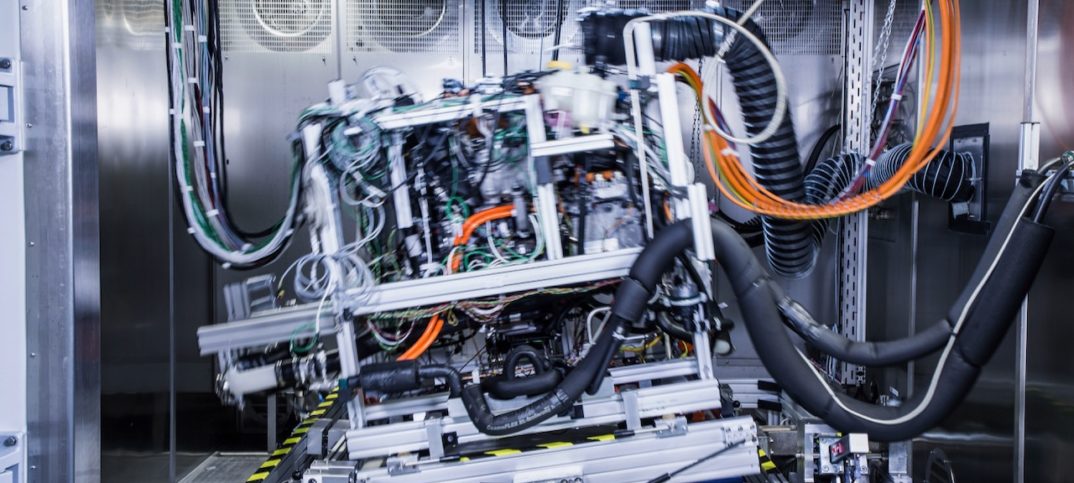Some car manufacturers also have their divisions for truck manufacturing. Two of the best known are Mercedes (Daimler) and Volvo, who are precisely the protagonists of this news. The German and Swedish companies are going to form an alliance through a 50% managed joint venture. The objective is none other than to continue working to achieve carbon neutrality in Europe by 2050, something that is only possible by also moving forward in the transport of goods.
In this way, Daimler Truck AG and Volvo Group will jointly develop, produce and market fuel cells to carry hydrogen to trucks and other heavy vehicles. They will be established in the company that Daimler already has for this purpose (Mercedes-Benz Fuel Cell GmbH) and the Volvo Group will keep 50% for 600 million euros. From there they will have half each and it will be an independent and autonomous company. Mercedes and Volvo will continue to be rivals in the other areas.
In difficult economic times such as today, cooperation between manufacturers makes more sense, joining forces for a common goal. It will be in the second half of the decade when the results begin to arrive and have those hydrogen trucks ready for production. They are heavy duty vehicles that use fuel cells to reduce pollution during demanding long-distance applications.

Assembly line for a fuel cell drive unit in Kirchheim-Nabern. The tightness of all the connections is checked once again for good measure. The circulation systems for the hydrogen, the air and the coolant are all checked.
The scheme is the already known of hydrogen cars. The fuel cell is in charge of converting hydrogen and oxygen into electricity through the electrolysis process, passing that energy to the electric motors that move the vehicle. There are two types of hydrogen depending on their production. Green is produced by the service station using electricity and water, while blue will be produced using natural gas, capturing carbon and making it a fuel without a trace.

